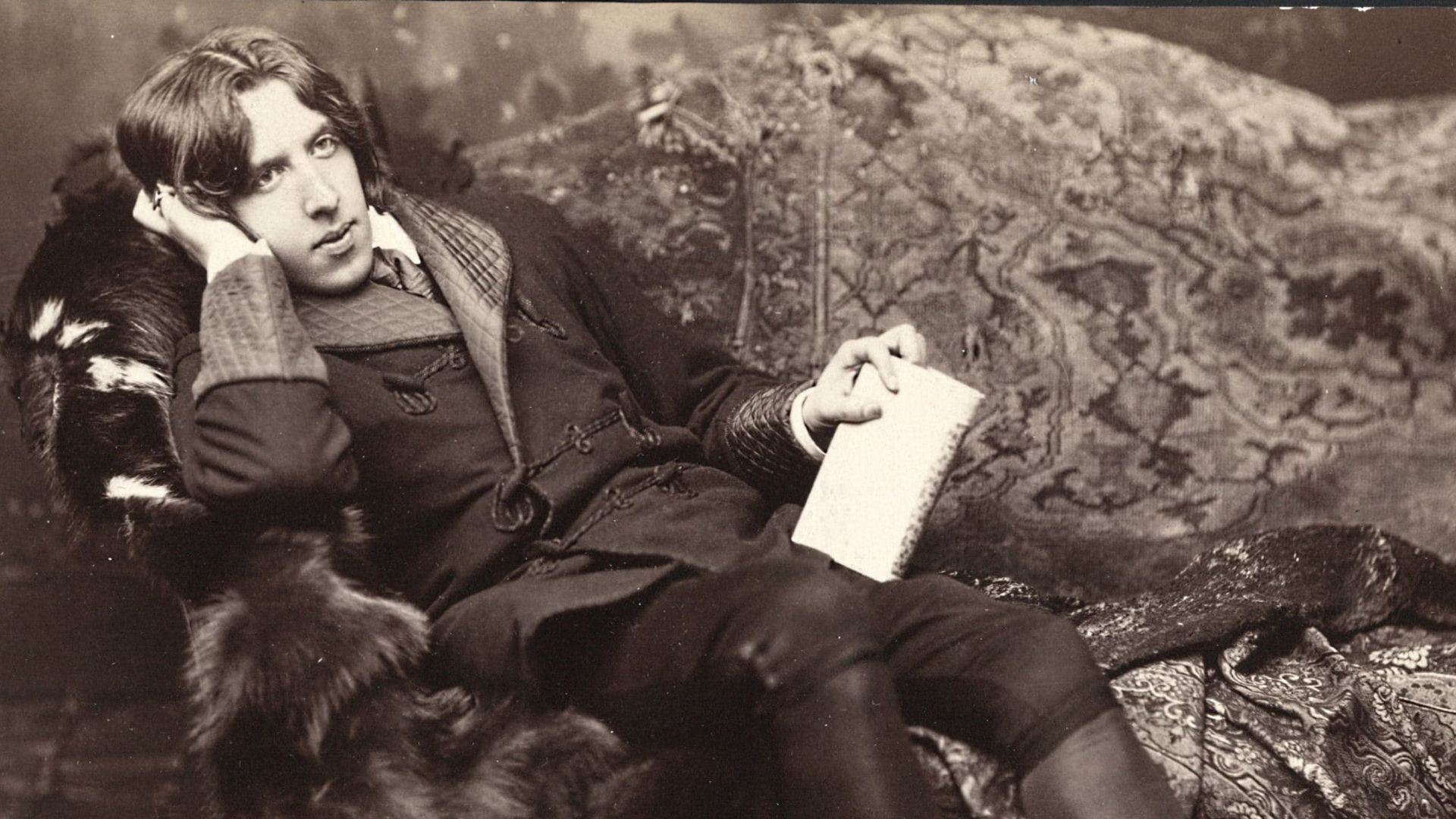Universally known as a famous poet and playwright, Oscar Wilde is known and loved for his witty humour that he showcased in his writings and his plays.
A little-known fact about the poet is his deep love for Greece and the poems he wrote on his journey there in 1877.
We are taking a look back at the incredible life of Oscar Wilde.
Early Life:
Oscar Wilde was born in 1854 to a prosperous family and was introduced to the ancient Greek language and culture from a young age by his parents.
He received a superior education, first at home with foreign governesses and then at the exclusive Portora Royal School where he became fluent in French, Greek and Latin.
In November 1878, he graduated from Magdalen College, Oxford with a double first in his B.A. of Classical Moderations and Literae Humaniores
Work and journey to Greece:
Wilde would go on to become a very successful author, and the most significant representative of the Aesthetic Movement.
He is mostly famous for his plays, such as Lady Windermere’s Fan, An Ideal Husband and The Importance of Being Earnest, which were performed with great success.

Wilde, accompanied by friends, travelled to Greece and reached the island of Corfu where it is said that he was immediately immersed in the spirit of Hellenism, as evidenced in the poem he wrote on the island, titled “Santa Decca” (from a mountain in the area called Hagioi Deka, meaning “Ten Saints”) – a lament for the death of the old gods, now replaced by Christianity.
After Corfu, and a brief stay in Zakynthos, Wilde and his friends sailed to the mainland; their first landfall was at the seaside town of Katakolo in the Peloponnese, where Wilde wrote the poem “Impression de Voyage”; they would go on to visit Ancient Olympia.
Wilde continued travelling through Greece and ended up in Argos where he wrote the poem “The Theatre of Argos”, where he seems even more mournful at the bygone glory of Greek antiquity.
Death:
In 1895, the writer was convicted of gross indecency and sentenced to two years’ hard labour, for being a homosexual. While in prison, he wrote a famous letter, posthumously published under the title De Profundis.
Due to the harsh conditions of his imprisonment, he would develop meningitis, which led to his death, on 30 November 1900, in Paris.

